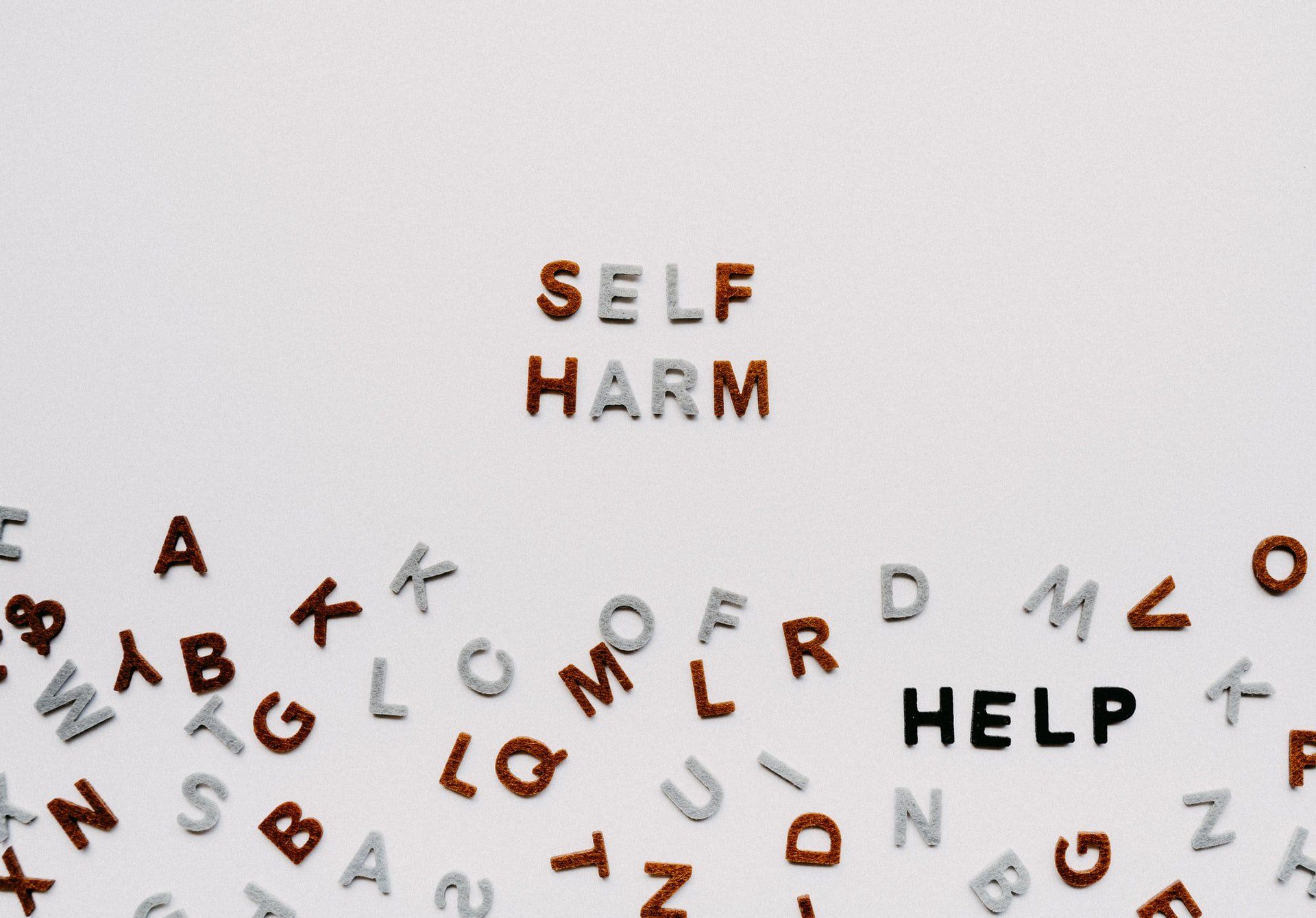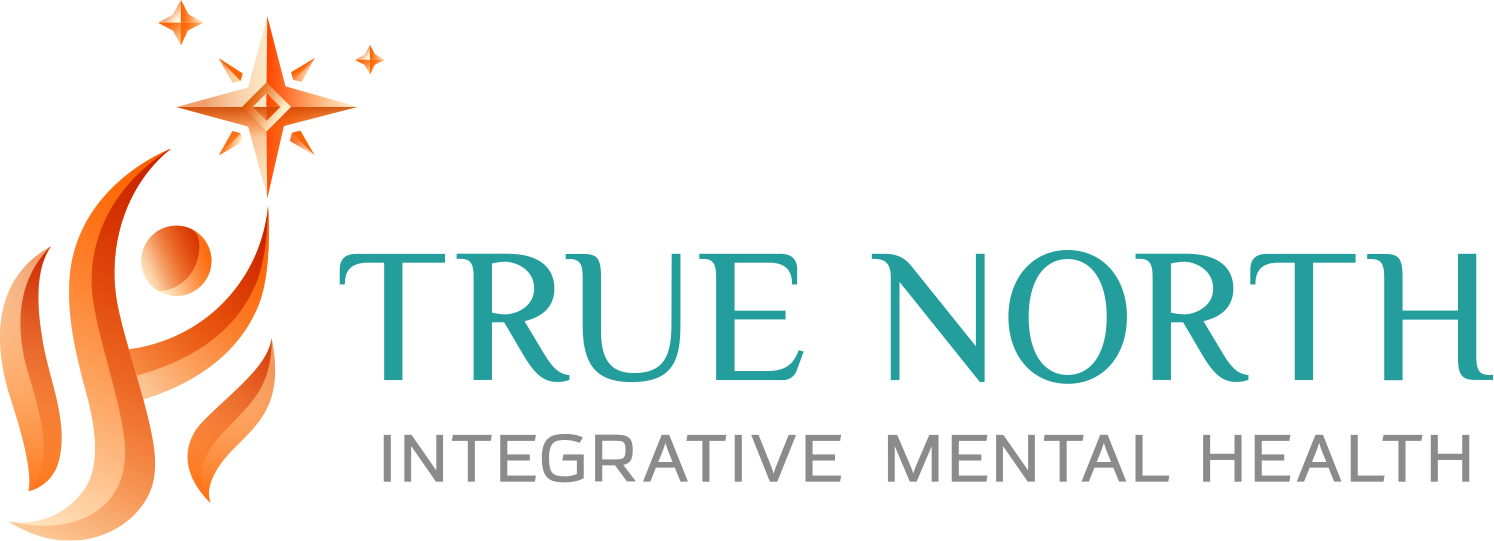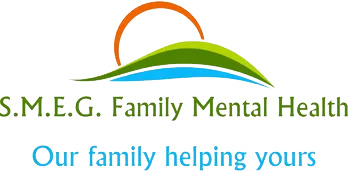Self-Harm Awareness & How You Can Help Someone
Dr. Jamie Rogers • March 2, 2022
March 1st - 7th is Self-Harm Awareness Week. This week of awareness provides a chance to help others understand self-injurious behavior, build empathy, and aid individuals in learning safer ways of coping.
What Is Self-Harm?
Self-harm is defined as intentional self-injury with no intent to commit suicide. Self-harm can be a way to cope with difficult emotions or challenging experiences.
Cutting is the most common form of self-harm, but people also burn or scratch themselves, pull out their hair, or hit themselves. People who struggle with mental health disorders such as anxiety and depression often turn to self-harm when trying to regulate their mood.
Self-harm is, unfortunately, more prevalent than one may realize. According to the American Psychological Association, approximately 17% of adolescents have harmed themselves at least once. Sexual minorities are more likely to engage in self-harm than heterosexuals.
Some common signs include:
- Cuts, burns, or scars on wrists, limbs, hips, and stomach
- Self-isolation
- Wearing baggy clothes
- Refraining from activities where the skin is shown, such as swimming
If you feel someone you care for causing harm to themselves, it is essential to encourage them to seek help.
How Can You Help Someone Experiencing Self Injury?
Self-harm is a concerning behavior, especially in your loved ones. There are, however, ways you can support someone suffering from self-harm.
- Recognize the pain: When someone is in extreme amounts of emotional distress, self-harm can seem like a good way to relive some of their internal suffering. If you're helping a loved one who is engaging in self-harm, acknowledge that the person is in excessive pain by validating their emotions and experience. Even if you do not fully understand what they're going through, try to remain empathetic. Remain open and listen without judgment.
- Discuss the emotions: A person experiencing self-injury may be feeling a variety of difficult feelings such as guilt, shame, sadness, or confusion. Be open and vulnerable with this person to show that it's okay to share what they're experiencing. Perhaps you can tell them a time when you felt similar emotions, too. However, it is crucial not to shift the conversation away from the person you are trying to support. Let your loved one know that you are available to support them in whatever they may need.
- Find alternative coping mechanisms: Sometimes, self-harm can be a cry for help. It may be the person's way of showing they need help to cope with their emotions. They may need someone they trust to ask them questions about finding safer ways of dealing with their feelings. Talking about other options the person has tried in the past can help the explore ideas that could work for them now.
- Encourage professional help: Self-harm is a serious subject. It is often a sign of severe distress. You may not feel equipped to help someone through this behavior, but it's important that you try to do something—even just offering encouragement can make a big difference. Seek professional help and encourage the person hurting him or herself to seek help as well. Offer to accompany him or her to an appointment or make the first phone call to set one up.
Throughout the entire process, ensure your loved one that you are available to listen and help without judgment.
TMS Therapy for Depression and Self-Harm
One way to treat self-harm is through TMS, otherwise known as transcranial magnetic stimulation. TMS is a standard treatment for certain types of depression.
The transcranial magnetic stimulation (TMS) process involves the placement of a device on the skull that stimulates neurons in the brain. An electromagnetic coil pulses repetitively and stimulates nerve cells to aid in mood regulation. By stimulating these neurons, their activity changes, leading to decreased symptoms of depression.
Transcranial Magnetic Stimulation is used to treat depression in people who do not respond to antidepressant medication or other treatment modalities. TMS can also help people who engage in self-injury, such as cutting or burning.
Seeking Depression Support at True North IMH
Engaging in self-harm is serious, but if you or a loved one are suffering, know that you are not alone. For more information on TMS therapy in Greenville, North Carolina, reach out to True North IMH today.
True North IMH is a leading force in TMS therapy, supporting those who may need it most. Call today to seek the support you deserve: 252-232-4290
Reference links:
https://centerfordiscovery.com/blog/self-injury-awareness-day/
https://mhcd.org/march-self-harm-awareness-month/
https://www.akuamindbody.com/self-injury-awareness-day-march-1st/
https://www.harmonybaywellness.com/mental-health-therapies/self-harm-therapy/
https://www.crisistextline.org/topics/self-harm/#types-of-self-harm-2
https://www.mayoclinic.org/tests-procedures/transcranial-magnetic-stimulation/about/pac-20384625
https://www.ncbi.nlm.nih.gov/pmc/articles/PMC4995566/
https://www.healthline.com/health/tms-therapy#potential-benefits


Our Helpful Links
Schedule a Consultation
Get help with depression today! It's important to know that you are not alone.

